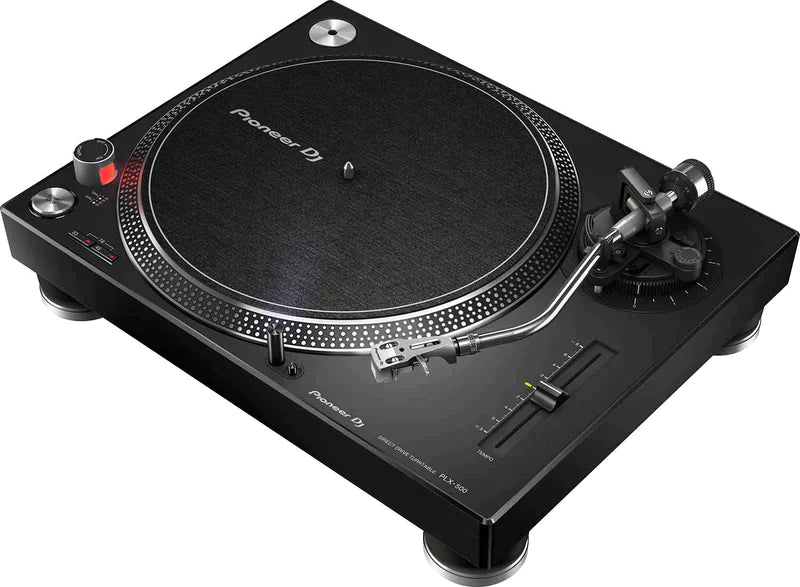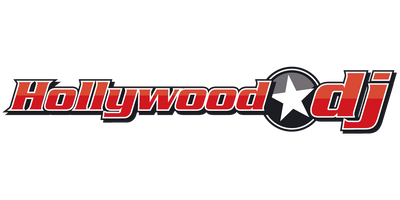
Shop only the Best DJ Turntables at HollywoodDJ today. Do not compromise on quality and leave your audience infatuated! We sell only top-rated DJ turntables in our vast collection to make sure you never fall behind competition. If you're just starting out and need to level up your Music, we also offer Good DJ turntables for beginners for you to explore your passion
Read More